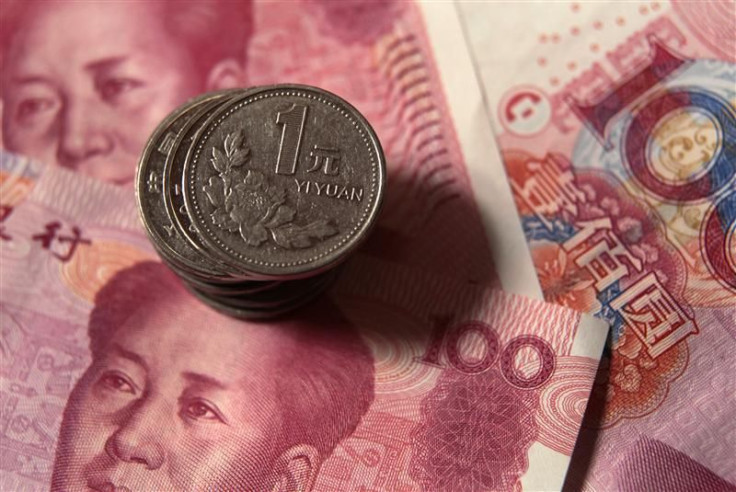China Signals Freer Yuan, More Flexible Monetary Policy

China will encourage the value of its currency, the yuan, to be set by the market and pull back in an orderly manner from intervention in the foreign-exchange market, the head of the country's central bank said Monday.
The People's Bank of China will meanwhile keep its monetary policy flexible so that it supports credit growth amid volatile flows of capital, news reports quoted the bank's governor, Zhou Xiaochuan, as saying.
Moves in monetary policy, he explained, will respond to liquidity conditions that are determined by the balance of payments, demand for yuan in markets and international capital flows.
The closer the yuan is to an equilibrium, the bigger role market forces will play in the yuan exchange rate. We will allow and encourage market forces to play a bigger role, and the central bank's participation and intervention in the market will decrease in an orderly manner, Zhou said, according to Reuters.
He spoke days after China posted its biggest trade deficit in at least a decade.
Zhou didn't comment on speculation that China is ready to widen the yuan's trading band to create more flexibility, even as the yuan was pushed sharply lower Monday.
The Chinese currency was weaker against the U.S. dollar. On the over-the-counter market, the dollar was at 6.3265 yuan around 0830 GMT, up from Friday's close of 6.3107, Dow Jones Newswires reported. The dollar traded in a range of 6.3201 to 3273 yuan.
On Saturday, China posted a trade deficit of $31.48 billion for February, reversing from a $27.28 billion surplus in January, due partly to seasonal distortions but also to faltering demand for Chinese exports.
The trade data means a bigger need to stimulate domestic demand -- via fiscal stimulus and monetary easing, Dariusz Kowalczyk, senior economist and strategist at Credit Agricole CIB, in a note cited by Reuters.
© Copyright IBTimes 2024. All rights reserved.





















